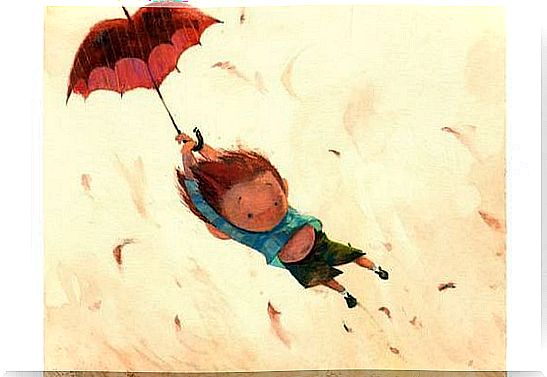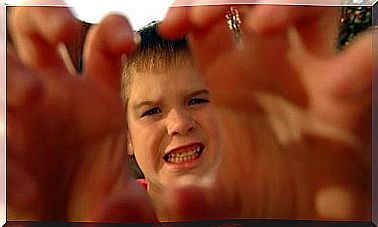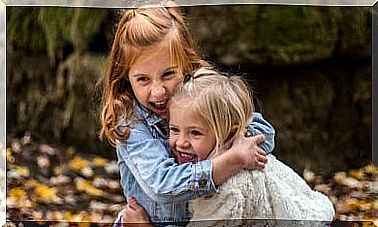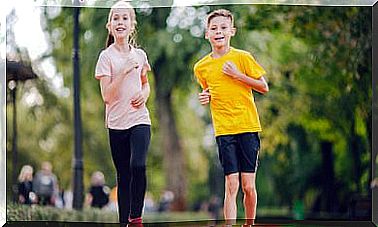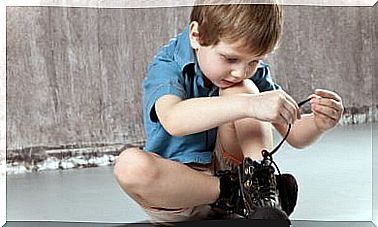The Freedom Of The Child According To Stage
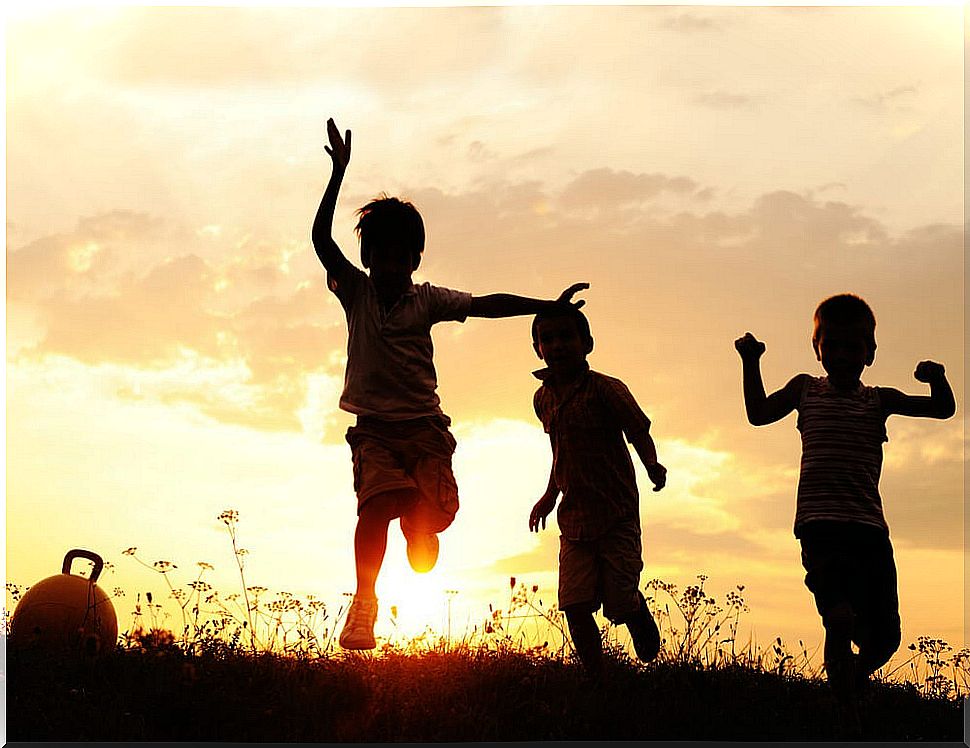
Many parents doubt about the freedom of the child. Is it good that he goes out alone when he is still very young? When can you go to school without an adult accompanying you? Am I right sending him shopping or running simple errands?
It is normal to have doubts. Today, many parents are over-informed. This phenomenon causes them to be afraid when it comes to letting their children leave the house without adult supervision. But it is necessary to prevent that the bad news that occupies the current mass media prevents our children from enjoying adequate freedom according to the stage of their development in which they are.
The stages of human development
To establish the stages of child development, we can approach Jean Piaget, a famous psychologist who studied this phenomenon through the observation of his own children.
When children are in the first three stages of their development, which range from approximately 0 to 2 years, 3 to 7 years and 8 to 12 years, it is normal that they never go out alone.
However, from the age of 11 or 12, when they approach puberty and adolescence, some even earlier, demonstrate their own criteria and announce their desire for freedom, respect and free personal choice.

From this age, the child will demand more autonomy and freedom of movement and thought every day. In the middle of puberty, and then in adolescence, he is already an autonomous person with the ability to make his own decision, although still dependent on the family.
The freedom of the child according to various factors
It is obvious that one of the main factors to consider when giving freedom to the child is age. That is, depending on the stage of its development in which it is, we can give more or less supervision. Now, it is not the only factor to consider. This is what Ana Asensio, creator of Vidas en Positivo, explains to us.
Age
Obviously, when a child is less than 11 or 12 years old, they will not go out alone, nor will they go to school without adult company. We have already seen the factors involved and the key moment in their passage from childhood to adolescence.
From the age of 12 or 13, depending on the child’s maturity level, he can go to school alone, for example. At 13 or 14 years old, you can meet friends at home, go to the movies or have a drink. From the age of 16, the young person will demand to travel without adult supervision, go out at night, etc. It is important to agree on schedules.
Other factors to consider regarding the child’s freedom
We will consider other elements when giving freedom to the child. Let’s see the ones that are most important to take into account:
- Geography : obviously, in a small town, in a neighborhood or in an urbanization, where the risks are lower with respect to traffic, for example, the child may have more freedom than in the heart of a big city.

- Maturity : not all children mature at the same speed. It is a matter of parents observing their little ones and deciding when they are ready to be more or less autonomous. This detail is especially important from the age of 14 or 15, when children handle money, take public transport, can drive mopeds, etc.
- Slow process : it is convenient that the process of freedom goes according to its maturation and development. There should not be a jump that happens from one day to the next of barely being able to go out all day on the street without supervision. They must demonstrate responsibility and gain their own autonomy every day.
- Confidence : from the age of 10 or 11, children show great competence capacity. It is time to mature by their side, giving them confidence little by little, allowing and facilitating them to learn the tools to function on their own.
- Communication : it is necessary to create an environment of communicative trust with the young person. If we take an interest in your problems without imposition, you will allow us to accompany you in the transition.
- Parental coordination : Parents generally know each other. For this reason, when children go out with their friends, it is interesting to talk with other tutors and adults to agree on measures with the children without invading their privacy.
- Example : it is important to set an example consistently. We are references for children.
The freedom of the child begins from his earliest childhood. Since it is born and develops, it will ask for greater and greater autonomy. It is interesting to do this trip with the little one and enjoy each stage and each step that he takes.
